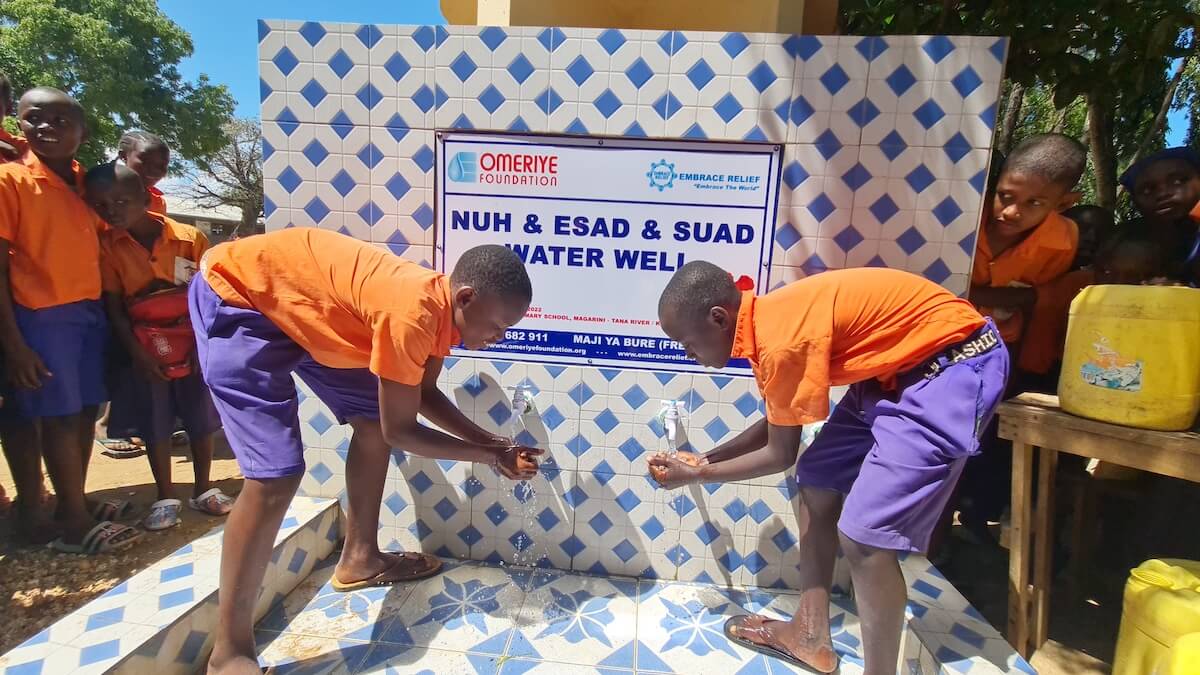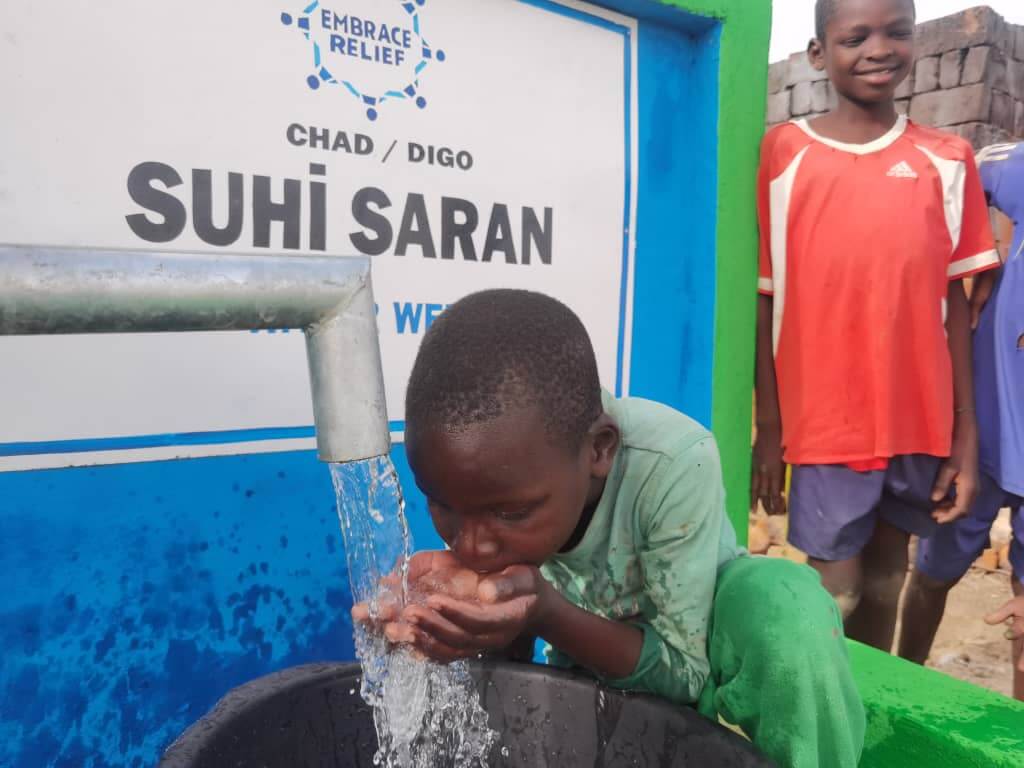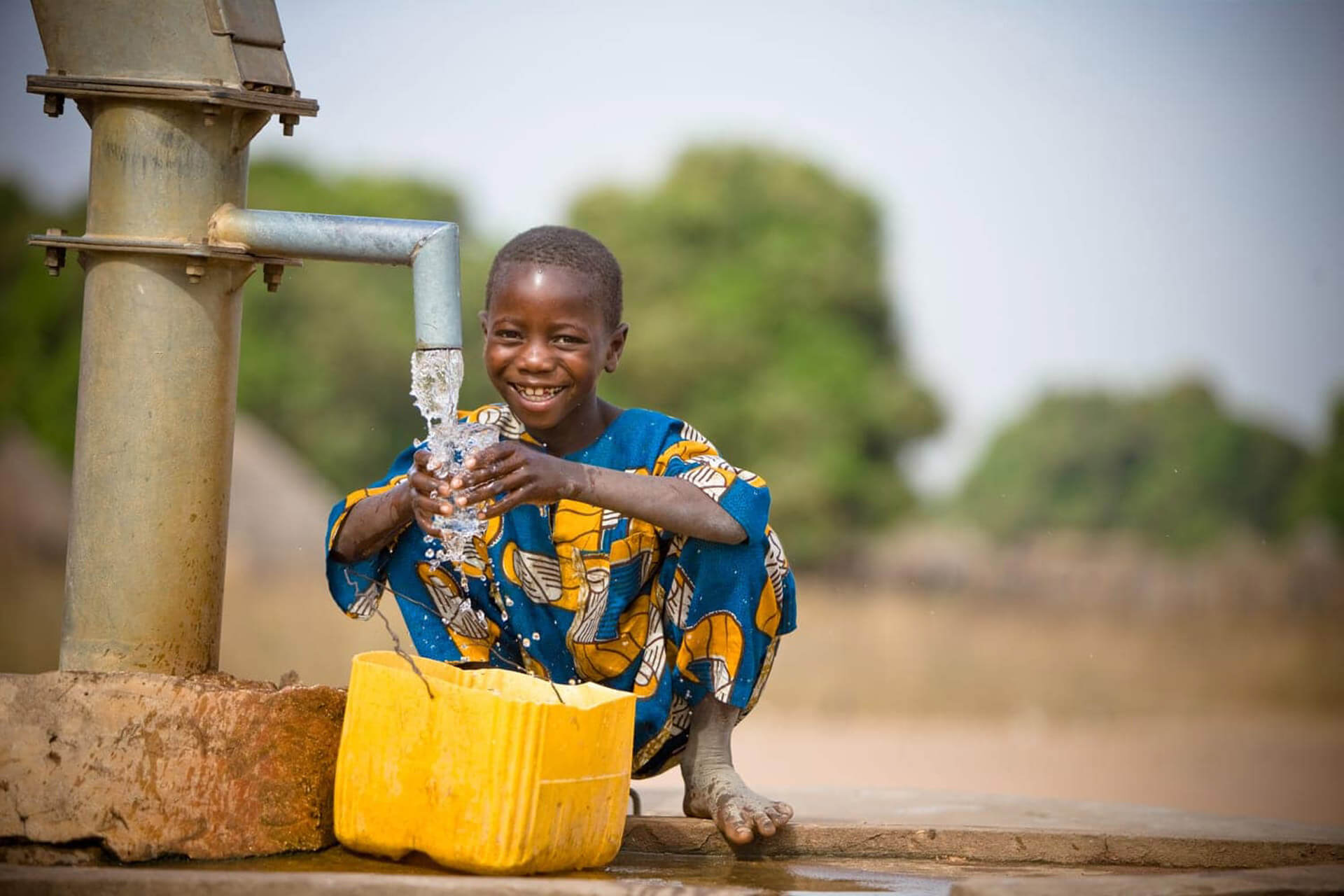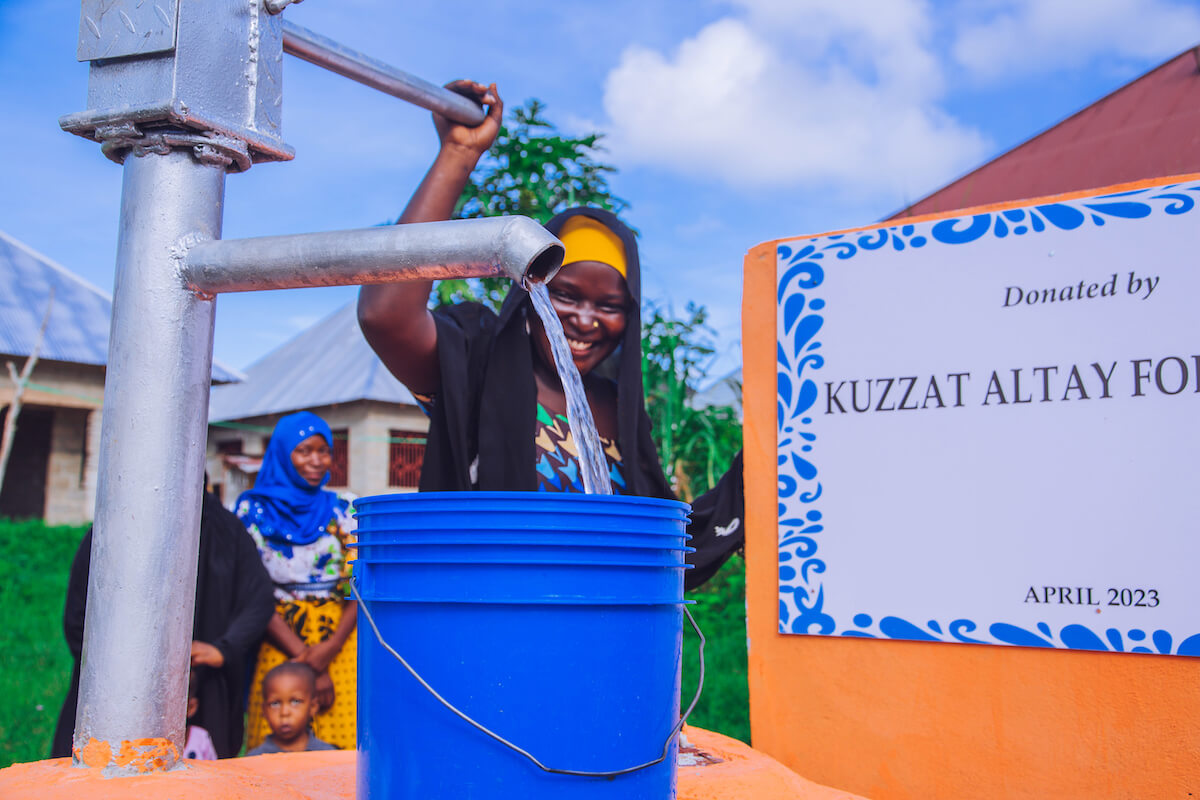Summary
- Read on to learn about how the Ramadan fast can impact your hydration levels, and how it can impact your body if you do not plan ahead.
- Find out the best ways to stay hydrated during your Ramadan fast while still maintaining your spiritual dedication.
- Learn more about how you can help others stay healthy during the holy month by giving the gift of clean water to those in need.
As Muslims around the world prepare for the holy month of Ramadan, many may be wondering about a critical concern: hydration during fasting hours. The Ramadan fast is a critical aspect of this time of spiritual reflection, self-discipline and faith. Understanding how to take care of your body during this period will ensure that your physical, mental and spiritual health remains intact through Eid and beyond.
If you are one of the many people who have questions about Ramadan fasting rules about water intake, read on to learn more. This guide will provide you with information about how much water you can consume without compromising the integrity of your Ramadan fast, as well as tips that will help you stay hydrated each day in alignment with Islamic principles.
When can you drink water during Ramadan?
Maintaining adequate hydration is crucial for overall health and well-being at all times. But during Ramadan, when food and drink is prohibited between sunrise and sunset, it is even more important to be mindful of your body’s hydration needs. Normally, adults are recommended to take in between 3-4 liters of water (approximately 12-16 cups) each day. This includes the approximately 20% of our water intake that comes from the food we eat. This recommendation remains true during Ramadan. But studies show that Muslims observing the fast take in significantly less water than during the rest of the year, likely because of the limited time in which we can eat and drink each day.
Without proper planning and mindfulness, we run the risk of chronic dehydration throughout the holy month. Dehydration can lead to a range of health issues, including headaches, fatigue, dizziness, and in severe cases, can even impact cognitive function. Considering these potential health risks, it’s essential to strike a balance fasting requirements and proper hydration.

6 tips for staying hydrated while fasting during Ramadan
Here are some tips for how you can stay healthy and hydrated throughout the Ramadan fast:
1. Pace your water intake between sunset and sunrise
With a limited amount of time in which you can eat and drink, be smart about how you manage your water intake. Setting a routine centered around iftar, suhoor and your sleep schedule can ensure that you are staying consistently hydrated. A good rule of thumb is to set a consumption goal of eight glasses (whether it be of water or other beverages) each night, spreading it out to maximize absorption. Studies suggest that keeping to a “4-2-2” pattern – that is, four glasses with the iftar meal, two glasses during the night, and two glasses with the suhoor meal – is an optimal way to ensure you’re receiving adequate hydration.
2. Eat water-rich foods
We often take for granted how much water is found in many of the foods we eat, but it plays a big role in keeping us healthy! Be sure to plan ahead and incorporate water-rich fruits and vegetables – such as dates, watermelons, strawberries, oranges, asparagus, zucchini and cucumbers – into each meal. The water hidden in these foods will help you build up and replenish your hydration levels.
3. Consider electrolyte-rich foods and drinks
In addition to water-rich foods, you should also make a point of consuming foods and drinks rich in electrolytes – important minerals your body needs, such as sodium, potassium and magnesium – which help regulate the body and maintain proper hydration. Examples of these foods and drinks include bananas (potassium), yogurt (potassium and sodium), coconut milk (potassium and magnesium), and green vegetables, lentils and almonds (magnesium).

4. Make your suhoor count
Start your day with a well-balanced suhoor that includes hydrating foods and drinks, such as the ones listed above. It’s your last opportunity to prepare your body for a lengthy period without nourishment. Putting some thought into your pre-dawn meal will ensure that you remain operating at peak performance throughout the day.
5. Avoid caffeine and sugary drinks
A tasty tea or coffee might be tempting in the morning, or after a day of fasting. But it’s advisable to limit – if not eliminate entirely – caffeinated beverages during the holy month. Caffeine is a diuretic and can contribute to dehydration. Additionally, be cautious with sugary drinks as they can lead to increased thirst. While an occasional caffeinated or sugary beverage is OK, moderation is key.
6. Listen to your body
These tips are intended to be general guidelines. Above all, you should pay attention to your body’s signals. Thirst is a natural response, and it’s essential to respond to it. However, continuous, excessive thirst may indicate dehydration. If you experience symptoms like headaches, dizziness, or fatigue, consider making adjustments to your routines.
Share blessings and clean water this Ramadan with Embrace Relief
As you prepare for Ramadan, remember that proper hydration is not only allowed but also crucial for a fulfilling and healthy fasting experience. By integrating these tips into your daily routine, you can navigate the fasting hours with spiritual dedication and physical well-being. May this guide contribute to a Ramadan filled with blessings, reflection, and optimal hydration for you and your loved ones. If you’ve found this post helpful, we’d like to ask you to share your own blessings with people in need.
In Africa, more than 300 million people live without a reliable, safe source of drinking water. Many of these 300 million source their water from unprotected rivers, lakes, ponds and holes in the ground, meaning every drink could carry dangerous diseases. Imagine a full day’s fast without the satisfaction of that first sip of cold, crisp, refreshing clean water at iftar: this is how millions of people live every single day.
Since 2013, Embrace Relief has sought to change this by building and reconstructing water wells throughout sub-Saharan Africa. Our wells are providing reliable clean water to more than 1 million people in Chad, Cameroon, Nigeria, Tanzania, Uganda and Kenya, and the impact of these wells has been beyond description: significantly reduced levels of waterborne diseases, increased economic prosperity, and women and girls empowered to achieve in the classroom and in business.
During this time of reflection and faith, we at Embrace Relief are asking for your help to bring clean water to even more communities in Africa. Donate to our Clean Water Initiative by using the form below, and share your blessings with some of our friends who most need them.






















